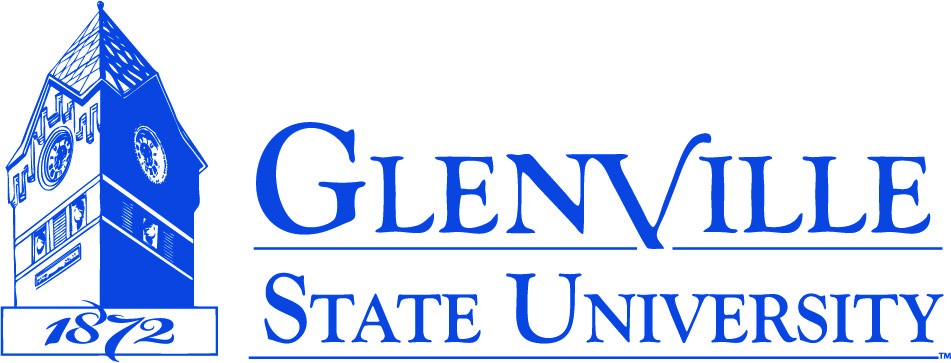CASE STUDY
GLENVILLE STATE UNIVERSITY
Fast Facts
Percent reduction in number of under-enrolled sections
Percent growth of enrollment year-over-year

The Challenge
Improve course offerings for Second Chance Pell students to offer timely degree advancement
In 2023, Glenville State University, Glenville, West Virginia, received a request to expand the current Second Chance Pell program to serve more students in prison, but there were limited resources for the courses that could be offered. The two degrees, an Associate of Science in Business and a Bachelor of Science in Business Administration, shared similar/overlapping course requirements, but they were being offered in different terms and years due to pathway course requirements.
Because the programs were not in sync, this increased the need to offer more courses for fewer students, increasing the propensity for under-enrolled classes and the need for students to wait for a course to be available. Glenville State determined these factors could also slow timely degree progressing for students on-campus as well as hinder the goal of helping prisoners in the Second Chance program get jobs to support their families upon release.”
Start with the data to prioritize the changes you need to make. Don’t start with how it’s been because that’s not going to work.
DR. MARI CLEMENTS
Associate Vice President for Academic Affairs,
Glenville State University
The Solution:
Multi-term planning helped align course pathways to improve course access
Glenville State recognized there were limitations to the number of credits students could take and without clear pathways, students couldn’t advance. Clearing the necessary roadblocks began with making improvements between programs sharing requirements. The University worked with Ad Astra to analyze pathway requirements for its Associates of Business and Bachelor of Business Administration on two campuses, along with needs for students in the Second Chance program.
These programs were chosen for their similarities and the interactions in their requirements. But pathway guidance had the requirements in different terms and years, increasing the need for additional courses in multiple terms. Ad Astra’s assistance allowed Glenville State to determine pathways as a framework toward an annual schedule, allowing the institution to transition from a model following student demand to one directing student demand.
An annual planning approach featuring optimized program pathways and courses took advantage of the shared course requirements to benefit students both on campus and in the off-campus Second Chance program.
With the new annual schedule, students can earn the Associates of Business on their way to earning the Bachelor of Business Administration with the option to on-ramp classes, as needed.
Reducing the number of under-enrolled sections and expanding paths to completion through alignment of course offerings across programs offered leeway for the University to align requirements and create a more predictable schedule for students that also enhances staffing predictability.
“This data allowed me to go to the Provost and the Chief Financial Officer and demonstrate the number of potential seats needed as well as the ability to get the position for another faculty member approved to serve that need,” Dr. Clements said.
In cases where enrollment was limited within upper-level requirements, consideration is given to a junior/senior rotation of courses. This allows seniors and juniors to complete similar requirements in the same term, aggregating demand. This concession ensures on-track student progression through sustainable course offerings. Through this additional insight, the university also has the data necessary to navigate toxic course combinations and minimize DFWs.
School Background:
Glenville State University, Glenville, West Virginia, was established in 1872 as a branch of the Glenville State Normal School. The institution grew into a four-year college by 1931 and today offers master’s, bachelors, and associate degrees and certificates, serving many first-generation and Pell-eligible students. The Higher Learning Commission of North Central Association of Colleges and Schools accredits the University.
Glenville State University is a founding member school of the Second Chance Pell initiative. The Obama-Biden Administration established the program in 2015 to build on a commitment to contribute to a more effective criminal justice system, reduce recidivism, and combat the impact of mass incarceration on families and communities through educational opportunities







.png?width=84&height=81&name=search%20(1).png)







